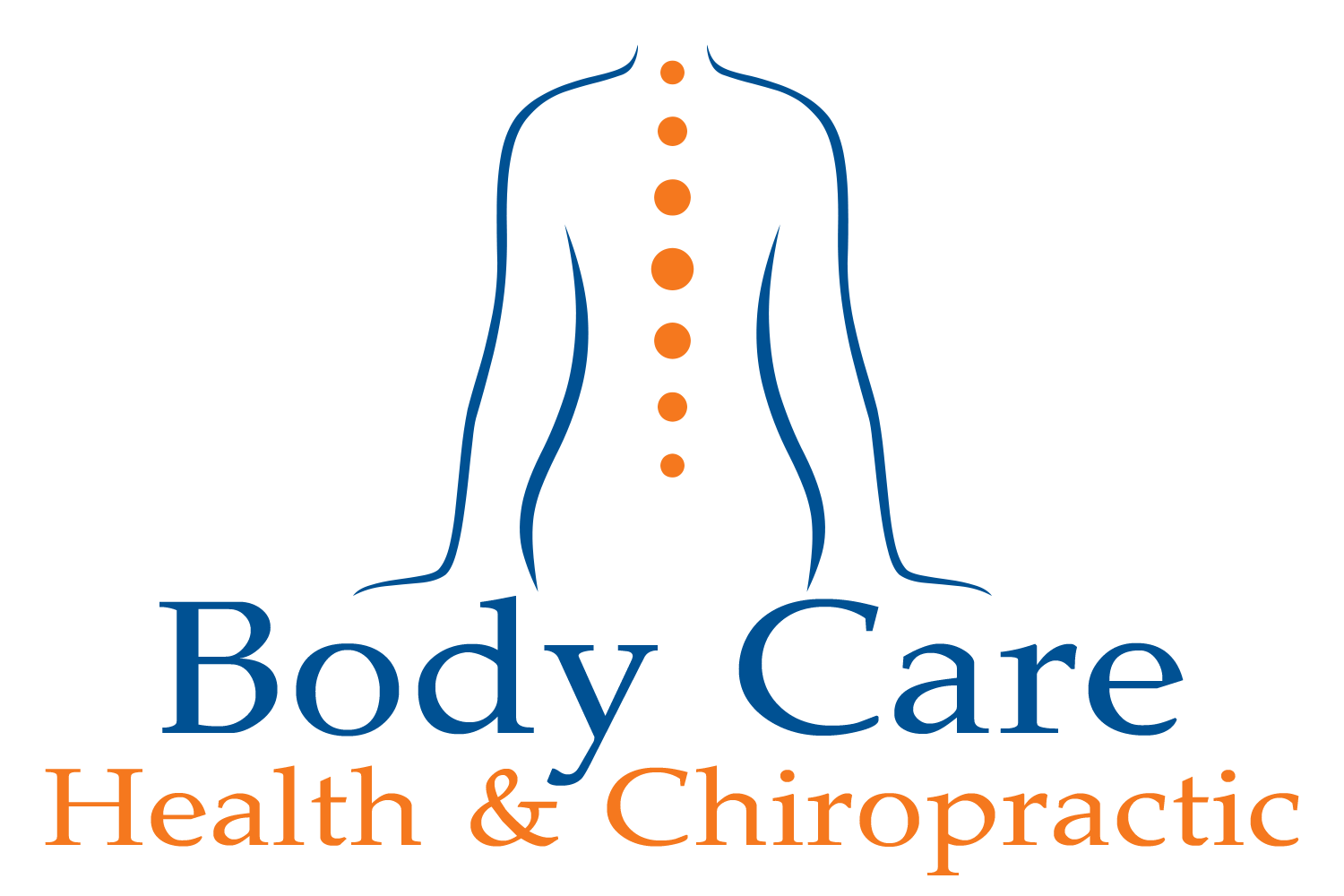Stress
We have all experienced stress at some stage in our lives. It is a normal part of our lives and can be triggered by a number of situations. Every person experiences stress to varying degrees. Although not all forms of stress are bad, prolonged exposure to a stressor can lead to a number of physical and mental health issues or can exacerbate an existing chronic condition.
As mentioned above, not all forms of stress are bad for you. Some stress can help you survive in a dangerous situation, while other times stress can even help motivate someone to strive for a hard to reach goal.
However we are going to talk about the effects of negative stress on your body. When faced with periods of chronic stress the body’s immune system function is lowered, the digestive and excretory systems no longer function the way they should and you become constantly fatigued due to your muscles being overactive. These problems typically subside once your body suspects that the threat is gone but if the cause of this stress is constant, a number of physical and mental health issues can manifest.
Common symptoms of chronic stress:
- Headaches
- Tight but also fatigued muscles
- Difficulty sleeping
- Upset stomach
- Elevated blood pressure
- Lack of motivation
- Chest pain
- Back and neck tension
- Change in appetite
- Irritability
- Increased risk of developing viral infections
If left untreated, chronic stress can also exacerbate the symptoms of other chronic conditions such as arthritis, asthma, anxiety, depression, heart disease and diabetes.
How to cope with and manage stress
Implementing a self-care routine is important when battling the physical effects stress can have on your body. Some positive and helpful actions can include:
- Learn to recognise the symptoms of chronic stress
- Make a list of the things you have accomplished
- Exercise on a regular basis and consider a change in diet
- Make sure you are getting enough sleep
- Meditate
- Journal about what’s on your mind
- Give up bad habits such as too much caffeine, excessive drinking and smoking cigarettes
- Seek help from a health provider, whether it be a counsellor, your GP or even a Chiropractor and/or massage therapist to help with the physical effects being placed on your body
Remember, everyone experiences stress. But it’s up to you how you choose to cope with it.


